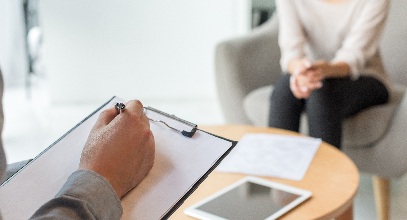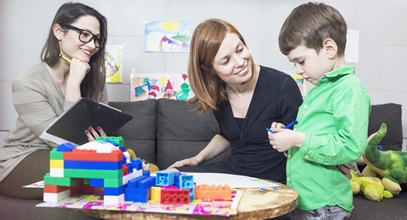 Have you ever wondered why some things stick in your memory while others seem to slip away? Or why learning a new skill, like playing the guitar, feels different from remembering a fact, like the capital of France? The answers dive into the fascinating world of how we learn—an area in psychology that affects our daily lives.
Have you ever wondered why some things stick in your memory while others seem to slip away? Or why learning a new skill, like playing the guitar, feels different from remembering a fact, like the capital of France? The answers dive into the fascinating world of how we learn—an area in psychology that affects our daily lives.
Understanding how learning works can help you improve how you absorb and retain information in a class, on the job, and in your daily life. Let’s take a look at some of the basic principles.
What is Learning?
In psychology, experts agree that learning is essentially a long-lasting change in behavior or knowledge. Learning occurs as a result of experience, but it isn’t constrained to sitting in a classroom. It can happen anywhere, anytime! When you try something new, solve a problem, or even watch a YouTube tutorial, you’re learning.
Learning is closely tied to memory. Without memory, you wouldn’t be able to hold on to what you’ve learned. Memory works in three stages: encoding, storage, and retrieval.
Encoding is when you first encounter information. Your brain processes what you see, hear, or experience and turns it into something that can be stored. Once encoded, the information needs to be saved somewhere for later use. Your brain stores this information in short-term or long-term memory. Finally, when you need that information again, you retrieve it from your memory banks.
Types of Learning
Not all learning is the same. We learn different types of information in different ways.
Declarative learning, for example, occurs when you learn facts or information, like remembering your friend’s birthday or the name of a movie star. This kind of learning is conscious—you actively try to store and recall the information. Declarative learning helps you answer questions like what, who, or why.
On the other hand, procedural learning is about knowing how to do something. Take learning to ride a bike. That’s procedural learning. It’s more about mastering a skill through repetition, and it’s usually unconscious once you get the hang of it. You don’t have to think about every move when riding a bike—it becomes automatic over time.
Association is another way we learn. Classical and instrumental (also called operant) conditioning are two famous ways of learning that involve associating one thing with another.
In classical conditioning, you associate one thing with another. Pavlov is a famous psychologist known for this type of learning. He trained dogs to salivate at the sound of a bell because they came to associate the bell with food over time. This explains why certain smells, sounds, or experiences might trigger memories or reactions in you.
Instrumental conditioning involves learning by rewards and consequences. For example, if you study hard and get good grades, you’re more likely to keep studying because the good grades are your rewards. On the flip side, because touching a hot stove burns you, you’ll avoid it in the future.
Why Some Learning is Harder - and How You Can Make It Easier
Managing Cognitive Load: Have you ever felt like your brain was overloaded when trying to learn something new? That’s because our brains have a limited capacity for processing information at once. This is known as cognitive load. If you try to learn too much at once, it’s like trying to carry too many groceries in one trip—things will start to slip.
Breaking tasks into smaller chunks can help reduce cognitive load, making learning easier. Instead of cramming all your study into one session (which we’ve all tried before), it’s better to spread your learning over multiple sessions with breaks in between. This allows your brain to absorb and retain the information more effectively.
Why We Practice: As we learn, our brains are constantly changing and adapting. This ability is called neuroplasticity. Think of your brain like a muscle—the more you use it, the stronger and more flexible it becomes. When you learn something new, your brain creates new pathways and connections between neurons (brain cells). The more you practice or repeat the activity, the stronger these connections get. This is why practice is so important in learning. The more you repeat something, the easier it becomes because your brain’s connections get stronger.
Using Our Emotions: When you’re stressed, anxious, or bored, it’s harder to focus and remember things. On the other hand, positive emotions, like curiosity and excitement, can improve learning by making you more engaged. That’s why creating a positive, relaxed environment can make learning more effective. If you’re interested in a subject or can relate it to something meaningful in your life, you’re more likely to remember it.
How Can You Apply This?
Understanding the basics of how people learn can help you improve your own learning strategies. Here are a few simple tips based on psychology:
- Practice and repetition are key. If you want to master a skill, keep practicing. Repetition strengthens the brain’s pathways.
- Reduce cognitive load. Break large tasks into smaller, manageable chunks to avoid becoming overwhelmed.
- Use spaced learning. Don’t cram. Study in shorter, spread-out sessions for better long-term retention.
- Stay positive. Being in a good mood can help you learn, so find ways to make learning fun.
By following these principles, you can make it easier to pick up new skills and knowledge.
To continue on your learning journey, explore the degree programs at South University today.




